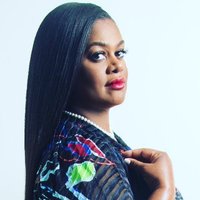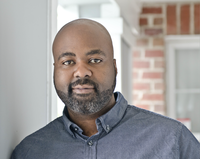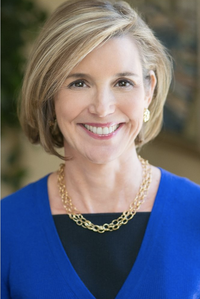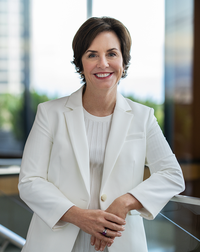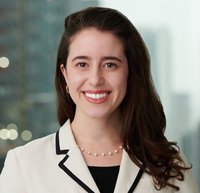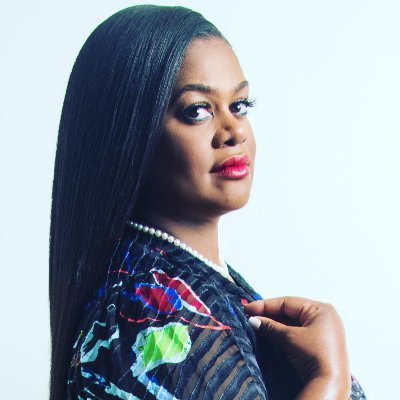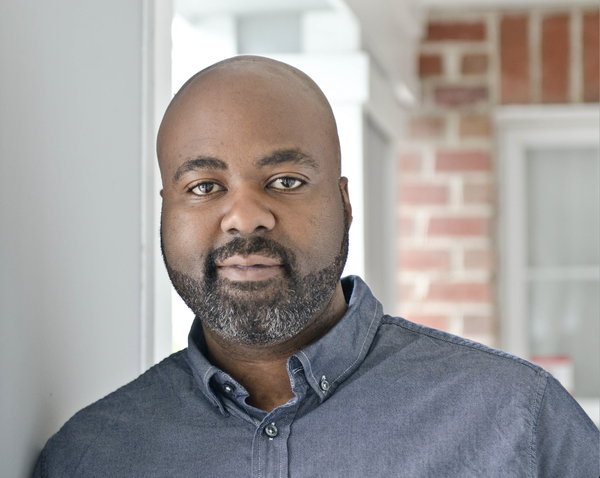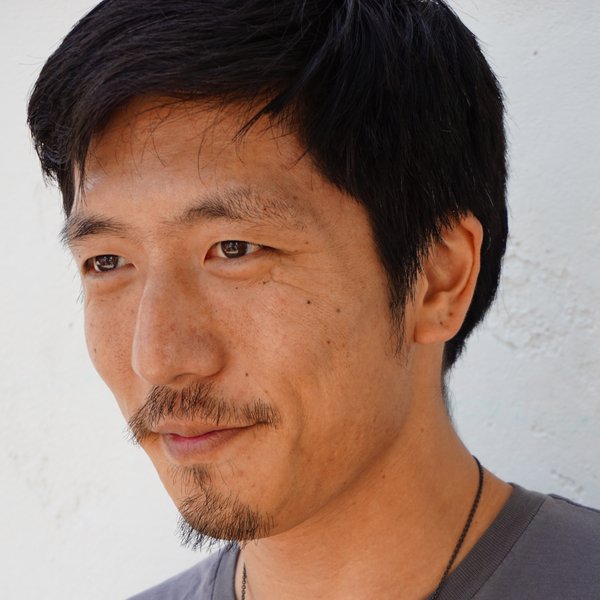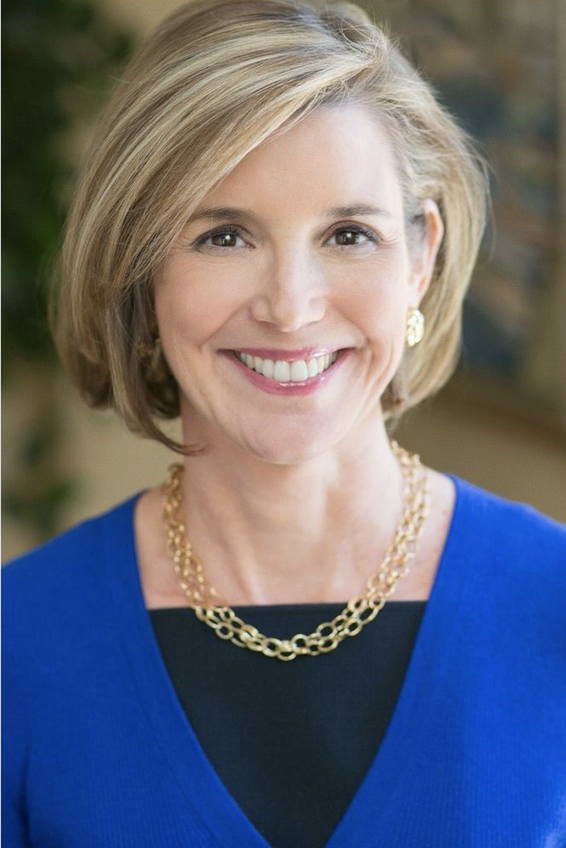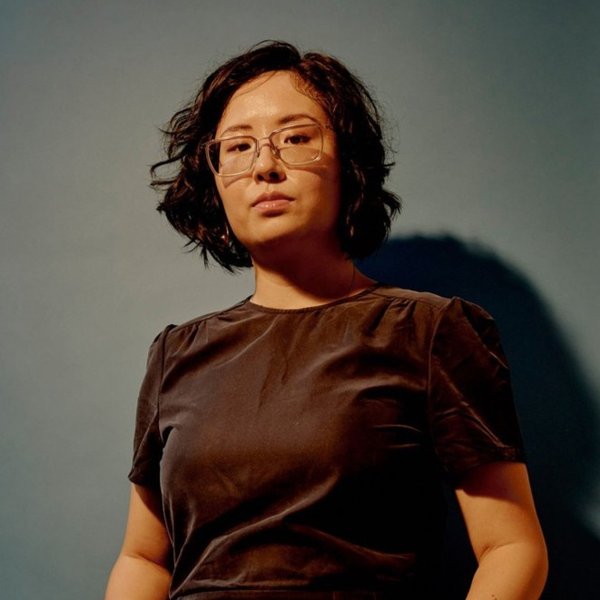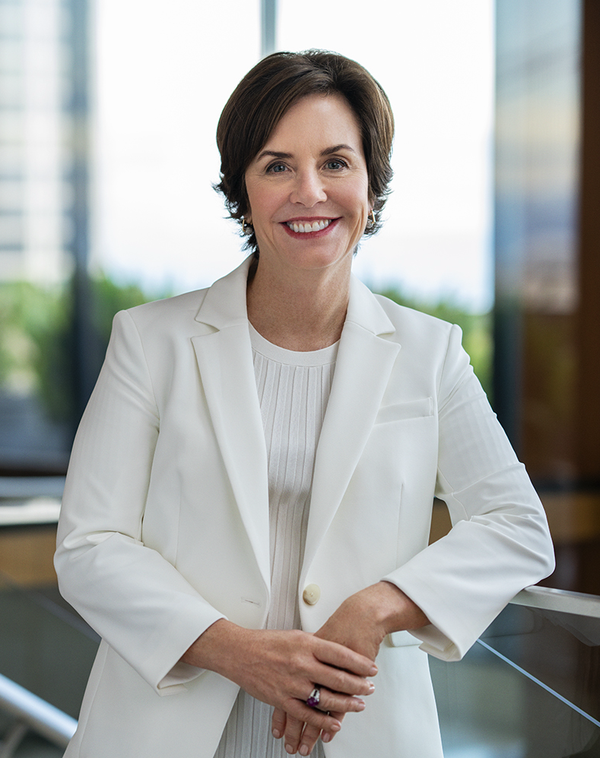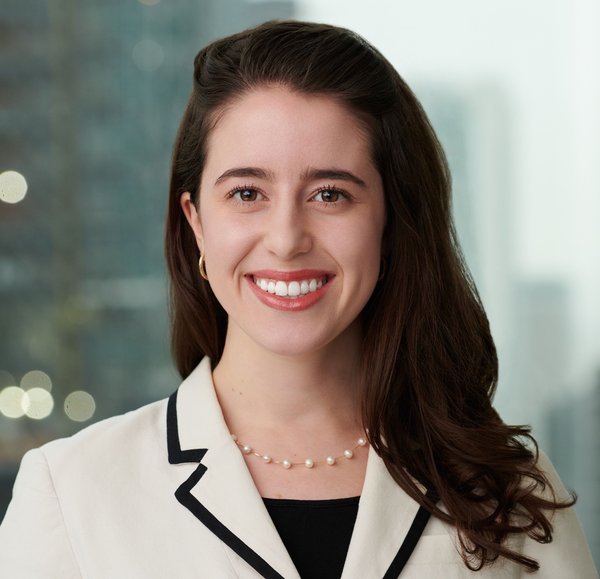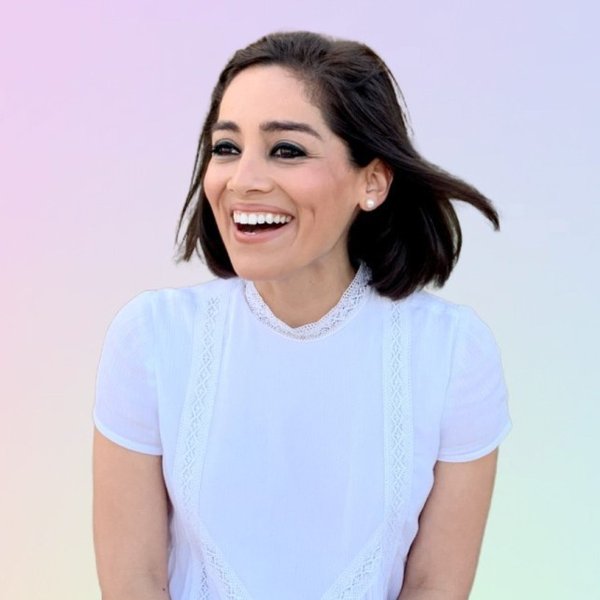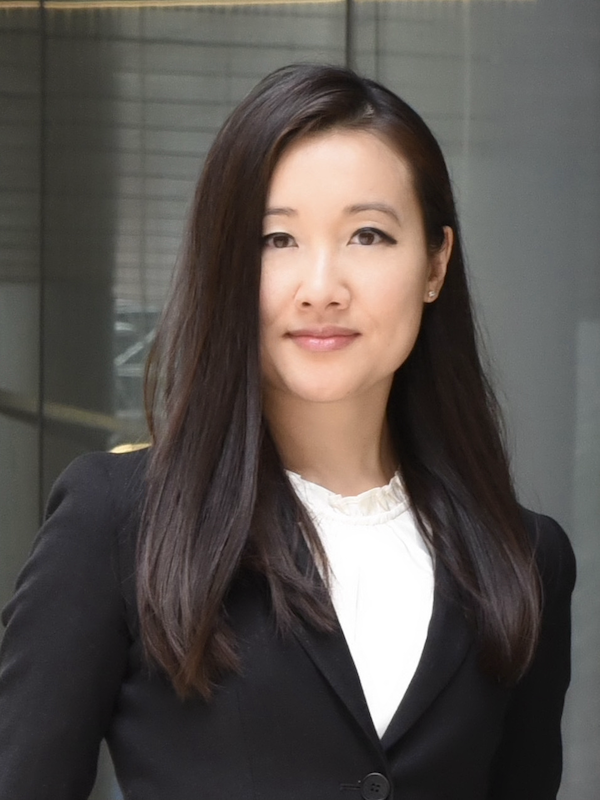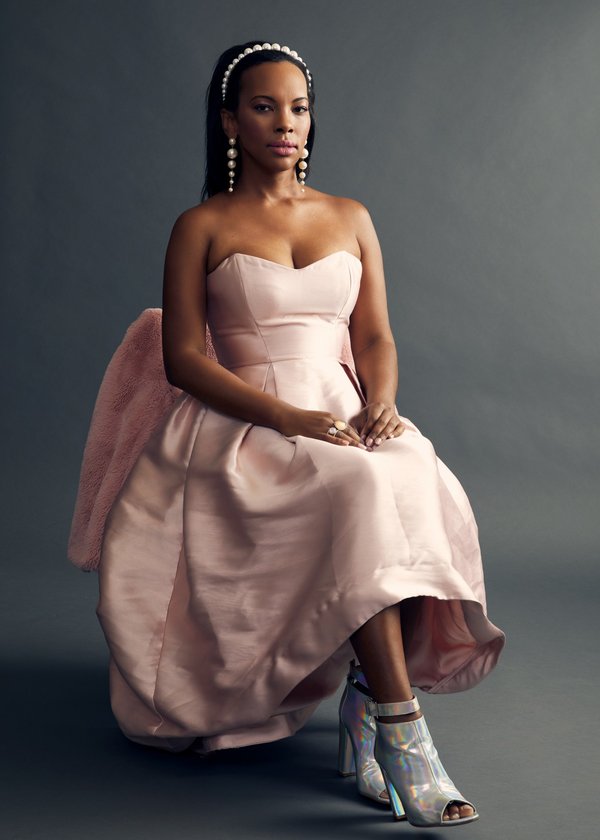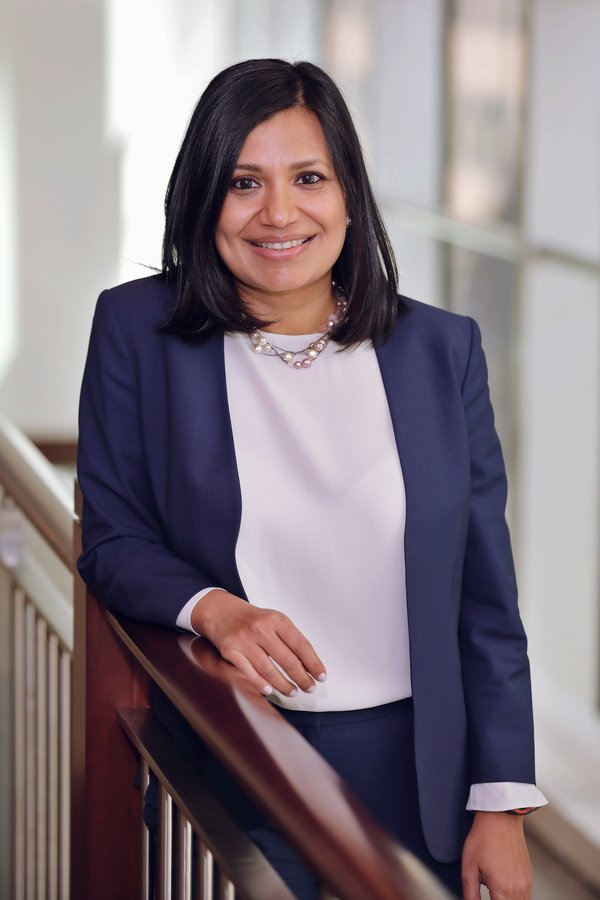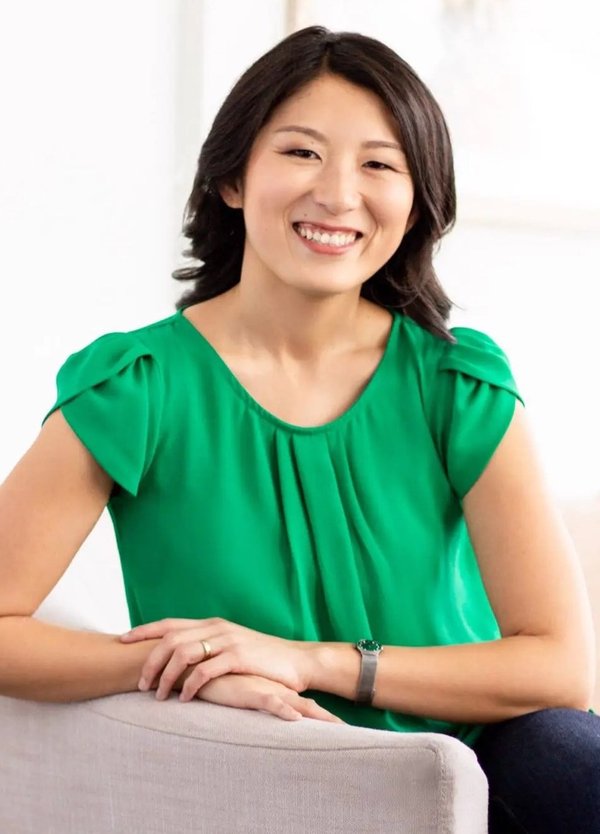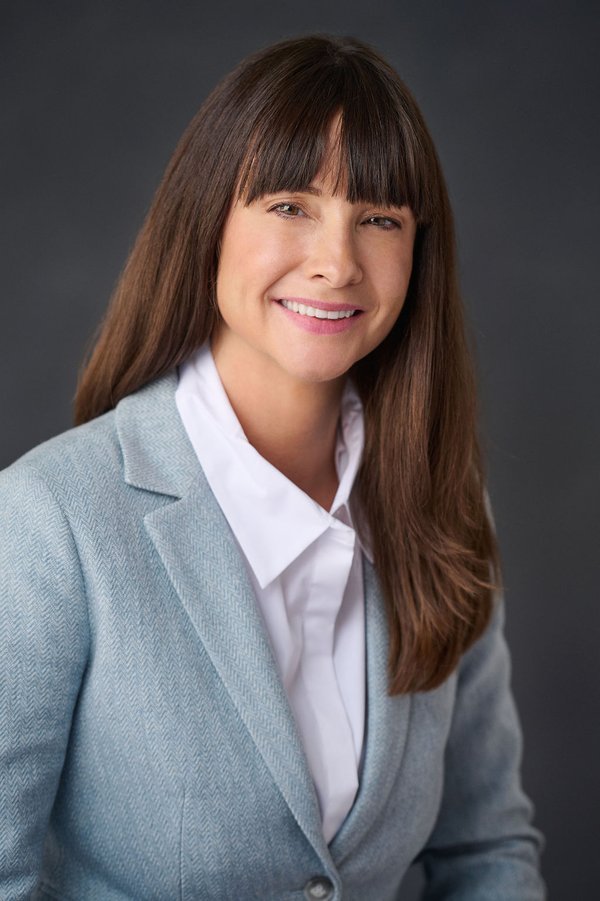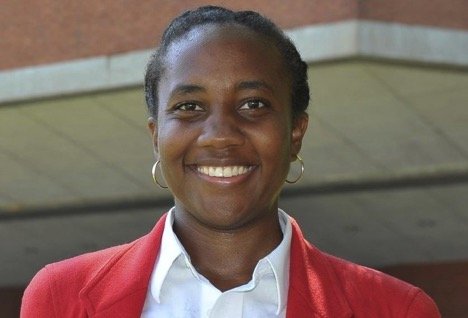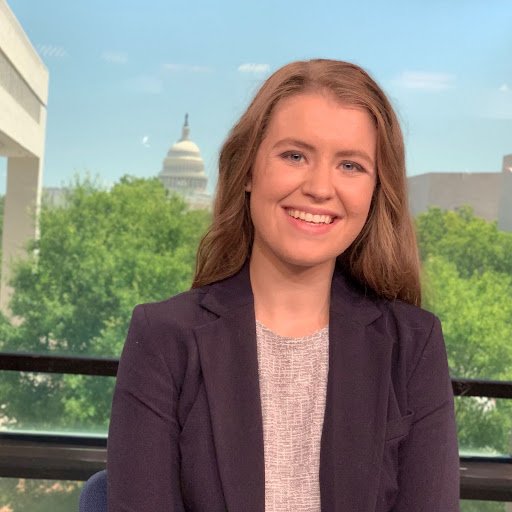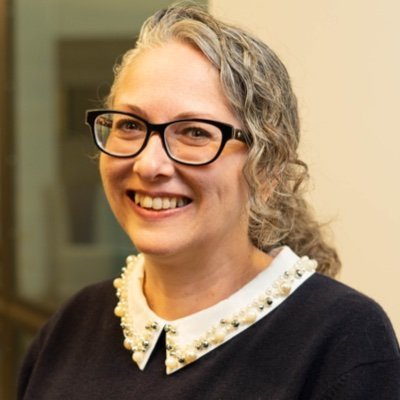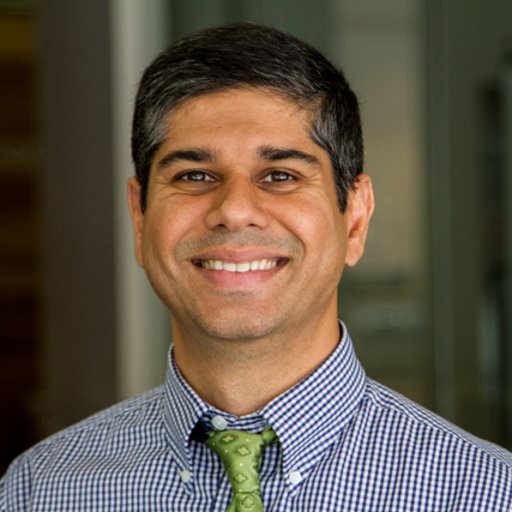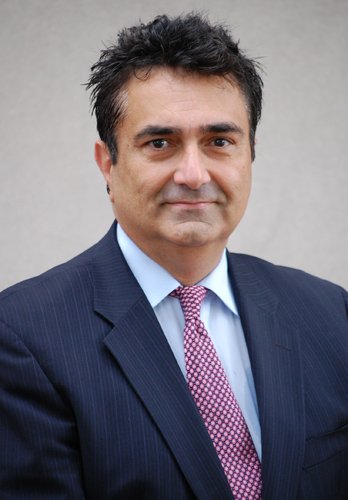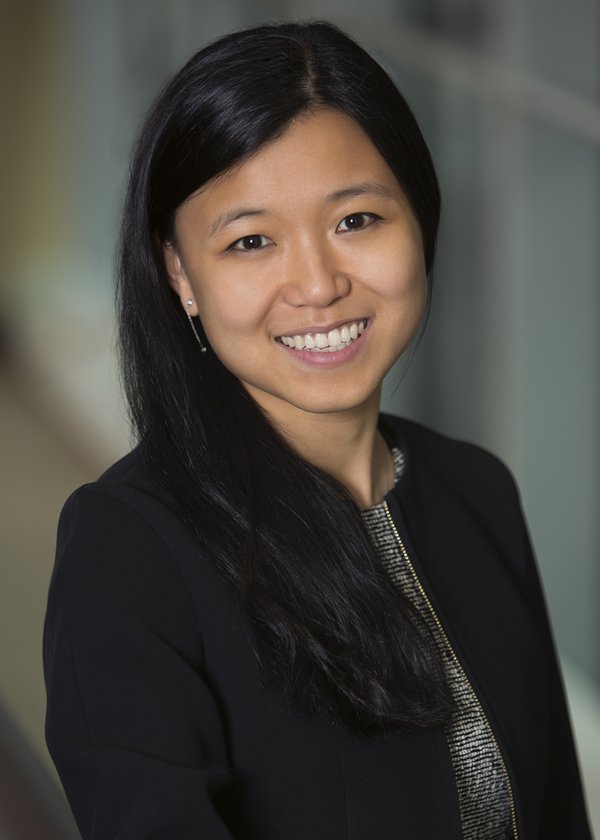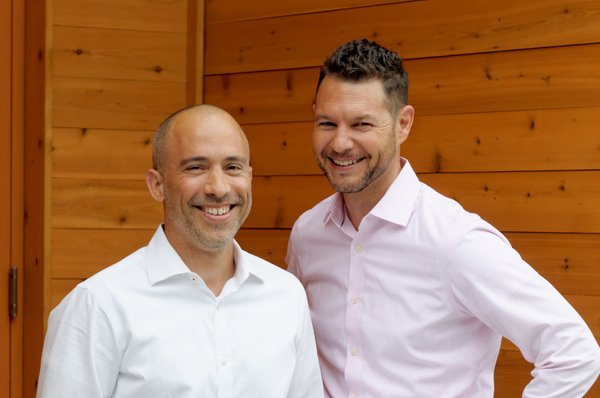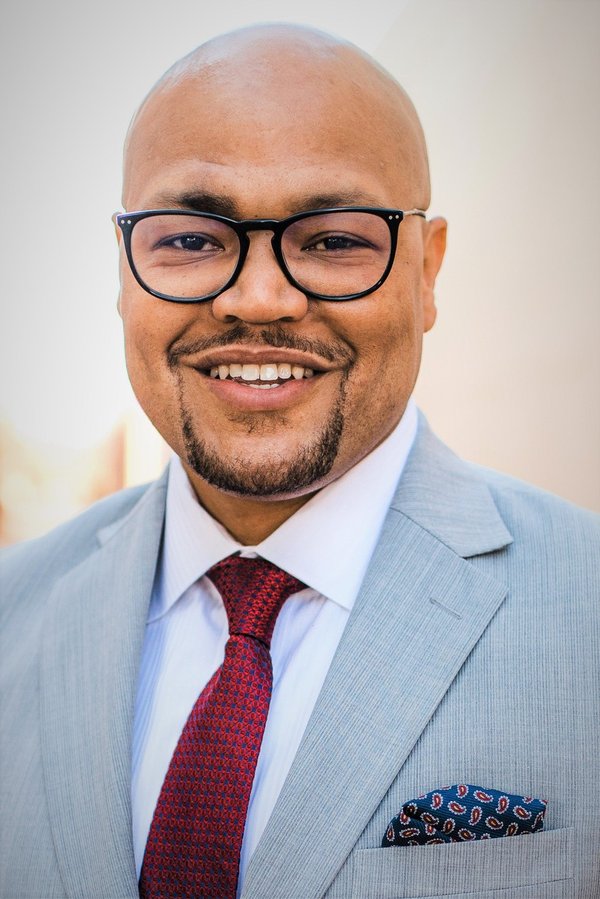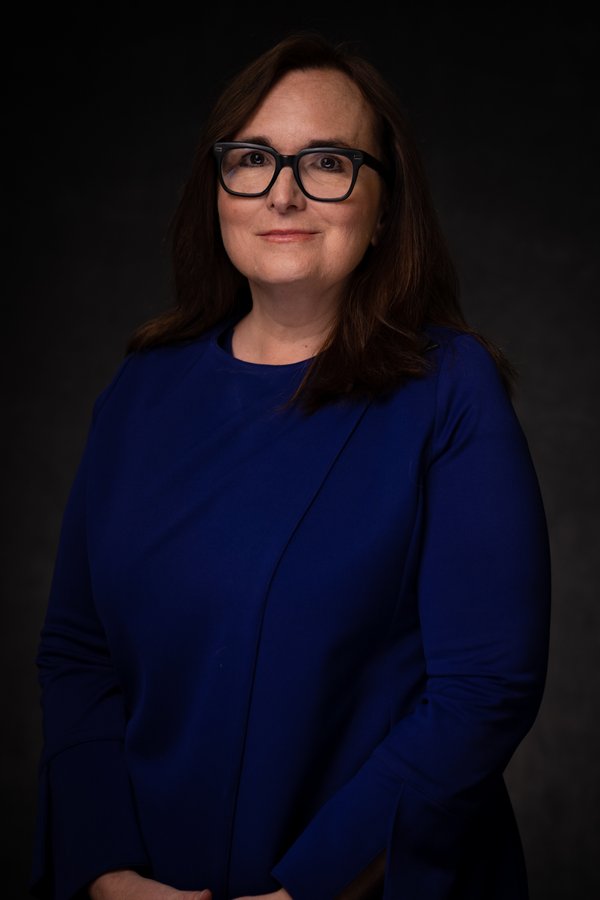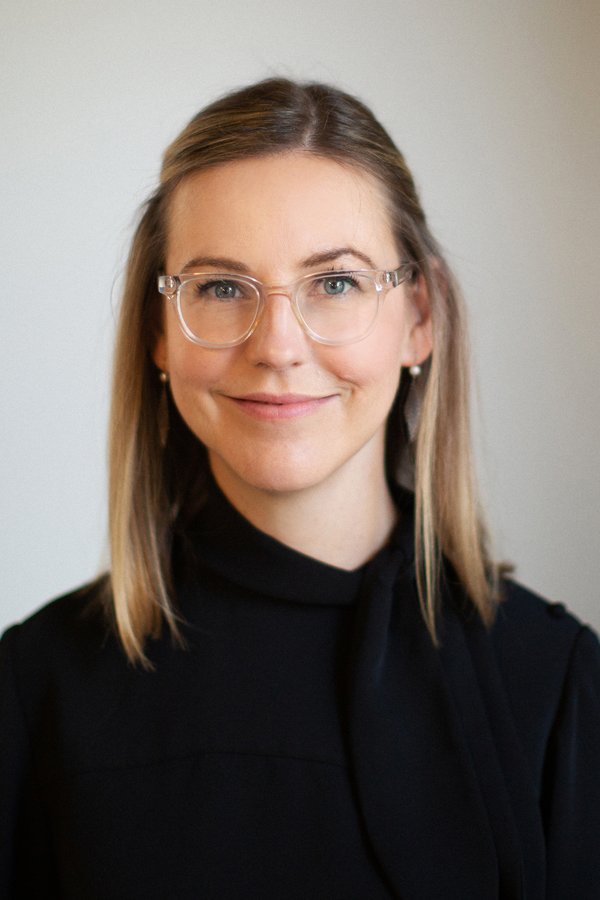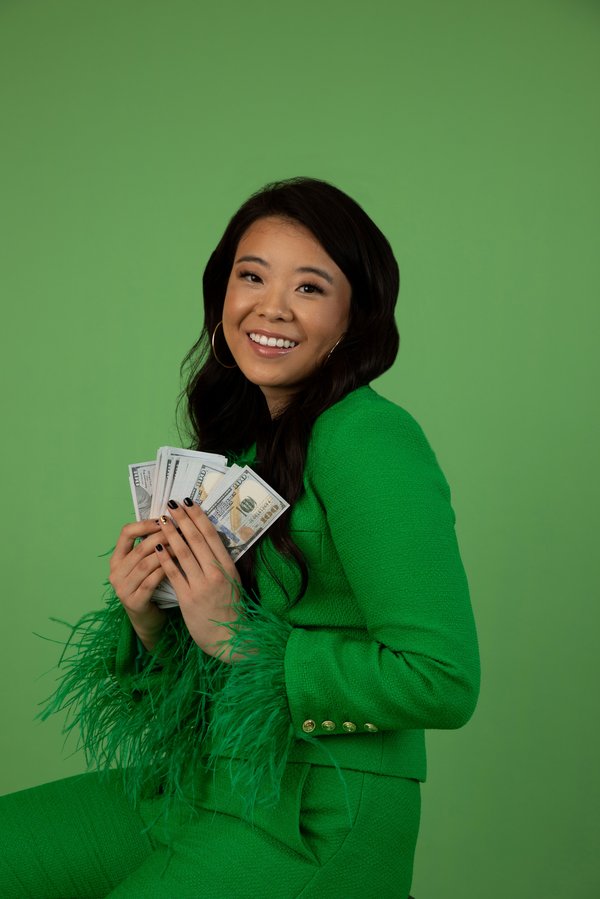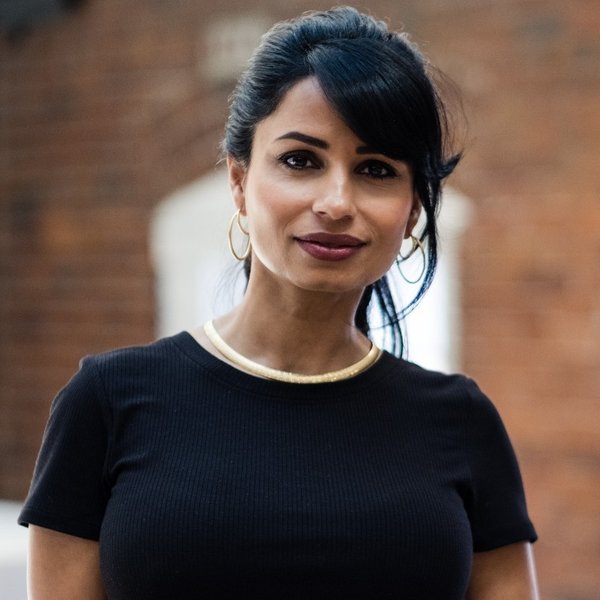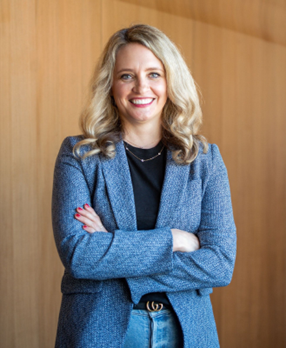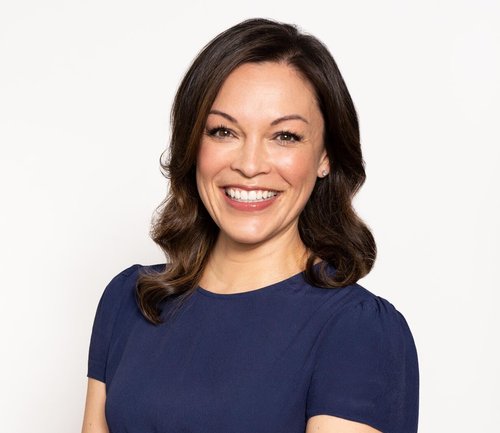
Liz Young is SoFi's head of investment strategy, responsible for providing economic and market insights to a variety of audiences. Prior to joining SoFi, Liz was the director of market strategy at BNY Mellon Investment Management, where she formulated and delivered views on macroeconomic themes and their effects on capital markets. Earlier in her career, she was a portfolio analyst at Baird and a research analyst at BMO Global Asset Management. Liz holds a BBA in finance and marketing from the University of Wisconsin-Milwaukee and an MBA from Marquette University. She is a CFA® Charterholder and member of the CFA Institute and CFA Society of New York.
Liz is passionate about educating others on markets and investing in order to help people feel empowered to take a more active role in their financial futures.
Liz Young's Investing Style
How many years of investing experience do you have? 10-20 years
What is your investing risk tolerance? Medium-High
What is your portfolio size? Large (20+ stocks)
What are your favorite investing sectors? Healthcare, Financials, Small Caps
What makes those sectors so interesting to you? In the current environment of elevated inflation and rising rates, I want to put my money in market sectors I view as "on sale" compared to others and that are not the main pain points of higher rates.
I think healthcare innovation has a long runway, and I'm excited to watch the sector evolve. As a long-time member of the financial services industry, I find the sector especially interesting right now as competition has grown more fierce, and technology has become such a big part of everyone's financial experience. Never a dull moment! Last but not least, small caps have been an almost forgotten size category in the run-up of mega caps we've seen. I always remind investors that they can offer strong growth potential and are an important component of a long-term portfolio.
When did you start your investing journey and why?
I started investing in a 401(k) when I became eligible at age 21. I was still in college and working as a bank teller, and my boss then urged me to get started. He told me, "you'll never miss the money!" Even though I felt like I was broke as a joke with paychecks that were about $80 every two weeks, I opened the account -- and it turned out he was right. I never missed it. And that established the habit of contributing to it early in my adult life. I will be forever grateful to him for that!
Can you tell us a little bit about your relationship with money at an early age?
My mom was a single mom until I was nine years old, and money was tight for a long time. I was taught at an early age the difference between wants and needs and that sacrifices were common to prioritize important things, such as education and safety. I knew money as a source of stress early on, and it took me a long time to see it as something that could work for me rather than against me. I think those early years of feeling like we had just barely enough serve as a driver for me today. I still know where every penny of my personal cash flow goes.
What has your journey been like as an investor? What are some of the challenges you've had to overcome?
I'm what's called a geriatric millennial, so I'm right on the cusp of millennials and Gen-X. That alone has made my journey interesting because, while the average investor has gotten younger, I've gotten older! So I've had to make sure I keep learning about new investors and what they need to succeed in their investing endeavors. I've found it a great way to stretch outside of my comfort zone with how I create investing content and communicate with audiences, and it's helped keep me feeling young. I've had to cozy up to social media more than I ever expected. I resisted at first, but now I think it's a really fun way to connect with my followers.
In what ways have your social or cultural identities and lived experiences positively impacted your investing journey?
I grew up in Wisconsin and lived there until I was 32 years old, so my values and the first 10+ years of my investing journey were in the Midwest. I think that kept me grounded and helped build simplicity into my money psyche. I was somewhat removed from the glitz and glam of designer labels and fancy clubs and shielded from the cutthroat competition of Wall Street until later in my adult life. I think it was extremely helpful to have a strong foundation from the Midwest because it keeps me grounded today, even in the hustle of New York City.
I've gone through periods when I was extraordinarily aware I was the youngest person or the only female in the room…or both. That used to be a source of insecurity, and it motivated me to learn faster and put myself in as many high-pressure situations as I could until I felt more confident in my place within the industry. I wanted to have some of my own war stories because I believe they shape and strengthen you as an investor and professional.
What advice would you give to a younger person who may be experiencing market volatility for the first time?
This. Is. Normal. It will happen many times in your lifetime. If you feel bruised and discouraged by this recent experience, I actually view that as a positive because now you've gotten one under your belt! It will be easier to manage your emotions next time, and you can use what you learned this time. Beware of concentrated positions, beware of following the crowd…and if you don't understand it, don't buy it.
If you could go back in time and change one thing about your investing strategy, what would you change and why?
I wish I had realized how young I was when I was that young because I would've taken more risks. I was still learning about the higher-octane asset classes of small caps and emerging markets and how the sectors performed in different environments. If I had realized how much time I had ahead of me and what that meant in terms of risk tolerance, I would've dipped my toe into different asset classes and stocks much sooner.
What are three things that really excite you about the future of investing?
- Industry innovation that makes investing accessible to everyone
- Seeing more females at the top
- Younger investors keeping us all hip!
What about three things that scare you about the future of investing?
- Approaches that encourage irresponsible risk-taking
- The phrase "this time is different"
- How dependent we still are on monetary policy
Who are some leaders in the finance industry you admire and why?
Sallie Krawcheck: Aside from building an incredibly impressive resume, she is a trailblazer in the women and investing spaces. I admire her for starting a business to address the gap in the industry and for her passion, which is what makes it successful.
Paul Tudor Jones: As a very successful hedge fund manager, I listen very closely to his words of wisdom on markets, and I value his expertise. He is always pragmatic and calm, which is oftentimes what investors need. On top of that, he is passionate about philanthropy and fighting poverty in New York City.
Warren Buffett & Charlie Munger: These two need no introduction and deserve admiration from any investor. They are the epitome of discipline and patience, two qualities that can be hard to come by in times of volatility.
What are some of your favorite educational resources (books, podcasts, websites, etc.) you'd recommend for investors of all ages?
Books: The Psychology of Money, by Morgan Housel, and Yanis Varoufakis' Talking to My Daughter
Podcasts: On The Tape (ok, I'm on this one) and The Compound and Friends
Other readings: Follow the mainstream news on Bloomberg.com, The Wall Street Journal, The New York Times, and CBS MarketWatch. Find some bloggers you like; Matt Levine's Money Stuff is a good one. Ask yourself why things are happening and let it send you down rabbit holes from time to time.
What's one quote or saying that inspires or challenges you?
"Every next level of your life will demand a different version of you." It's a reminder never to stop reaching, learning, and improving.
Anything else to add?
Take healthy risks.
CFA® and Chartered Financial Analyst® are registered trademarks owned by CFA Institute.
